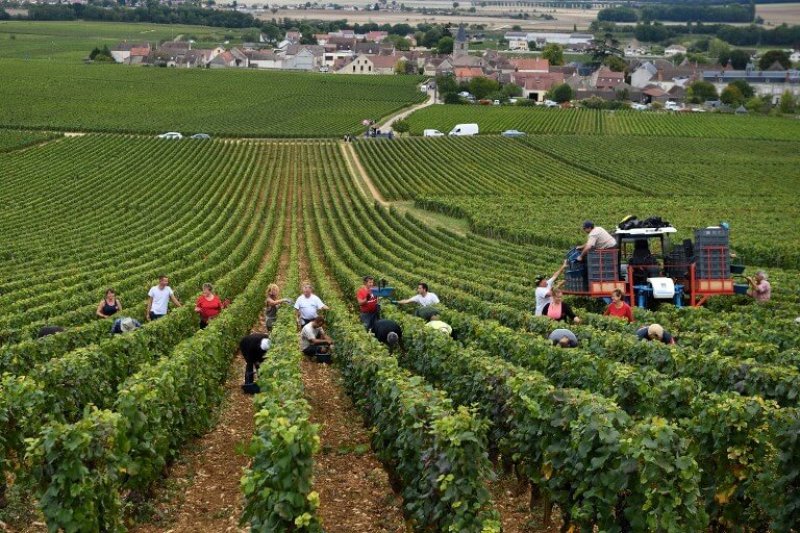Distributors and winegrowers are standing up against the changes to the ban on glyphosate proposed by ANSES. They find them unfair and unenforceable.
On July 23, the National Assembly’s fact-finding mission on monitoring the glyphosate exit strategy interviewed Roger Genet, the director general of ANSES (National Agency for Food Safety, environment and work). [Genet said]:
“Stony ground, steeply sloping ground, and the destruction of perennial weeds. In these three cases, a ban on the use of glyphosate between the rows and a limitation to 80% of the approved dose below the row is envisaged.”
For Jean-Louis Cousinié, technical manager of Touchat (34), reserving the possibility of using glyphosate to winegrowers who work on steep slopes or on stony ground is unfair.
…
A better solution, he said, would be to allow everyone to use the herbicide, without having to justify it. “We could imagine a fairly restrictive quota, setting the bar around 360g / ha / year. Everyone would use it as they wish.”
…
Eric Meynaud has made his calculations. “On my farm, I would need at least two tractors and tractor drivers, and three additional tools. Stopping glyphosate costs a minimum of €600 per ha.”
…
The measures proposed by ANSES could enter into force as early as April. They will only be valid until December 2022, when the fate of glyphosate will be determined at European level. “Europe will renew it” still hopes Eric Meynaud.
[Editor’s note: This article was published in French and has been translated and edited for clarity.]































